UK-Based Intelligent Growth Solutions Chooses Loveland, Colorado For North American Headquarters
Intelligent Growth Solutions (IGS), the Scottish-based agricultural infrastructure company (and Indoor Ag-Con 2023 exhibitor!) , has announced that it has selected Loveland, Colorado, for its expansion into North America.
“IGS’ technology, mission and people are a perfect fit for the ag-tech ecosystem that continues to flourish across our region and in Loveland,” said City of Loveland Economic Development Director, Kelly Jones. “Northern Colorado provides tremendous value to a diverse range of industries and we are proud of this truly collaborative, regional effort to bring this innovative company, as well as high paying jobs, to the area.”
IGS designs, produces and maintains vertical farming technology that enables indoor growing anywhere, eliminates the need for pesticides or fungicides and reduces water consumption by up to 95%. Because no arable land is required, these systems can also be used to reduce the carbon footprint of food production by locating farms closer to the point of consumption or production. Opening a base of operations in Loveland will allow the company to better support North American customers, the company’s fastest growing market.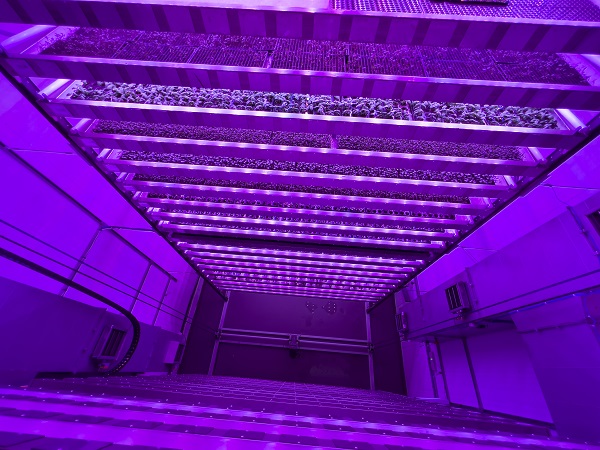
“The forward-looking approach to economic development within the city of Loveland and the state of Colorado fits perfectly with Intelligent Growth Solutions’ purpose of working with growers to help deliver sustainable food security,” said David Farquhar, CEO of IGS. “The location is within easy reach of a huge market as well as supply chain partners and is a great place for our people – and their families – to live, with 300 days of sunshine and just 30 miles from Rocky Mountain National Park.
“The location of our North American headquarters is a pivotal decision in our evolution as market leader. We are confident that our new Loveland base will allow our rapidly growing business to continue to expand and thrive on a global platform, as we deliver vertical farming infrastructure to enable real farmers to grow an expanding range of crops reliably, profitably and sustainably because we give them total control of the weather for the first time: designed in Scotland manufactured in Colorado.”
The company also chose Loveland for the strong, skilled labour pool. Overall, IGS expects to create 114 net new jobs at an average annual wage of $98,991, which is 183% of the average annual wage in Larimer County. Positions will include engineers, supply chain managers, human resource and legal managers, as well as roles in marketing and sales.
“Innovative companies like IGS are building on Colorado’s strong agricultural heritage to create a future-thinking ag tech industry that will feed communities and support a thriving economy across our state. We are pleased to see Loveland become IGS’s North American headquarters and look forward to celebrating future accomplishments,” said Patrick Meyers, OEDIT Executive Director.
“We are delighted to welcome Intelligent Growth Solutions to Loveland as they establish their base of operations. Their innovative technology, environmentally-focused mission and talented people are a perfect fit for the community,” said Jacki Marsh, Mayor of Loveland.
The State of Colorado will provide up to $2,758,845 in performance-based Job Growth Incentive Tax Credits to IGS. The company currently has 220 employees, one of whom is already based in Colorado. In addition to Colorado, the company considered Washington and Massachusetts.
About Intelligent Growth Solutions (IGS):
Founded in 2013, Intelligent Growth Solutions (IGS) is a multi-award-winning global business based in Scotland, which designs, supplies, and supports vertical farms for growers worldwide. We blend our engineering, crop science and agronomy skills to build the best technology to allow our customers to grow high-quality, nutritious food 365 days a year.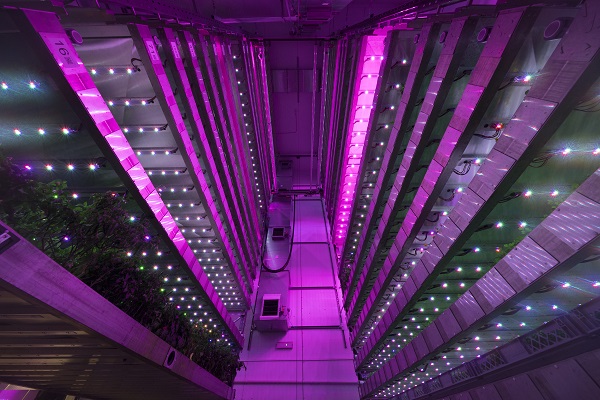
IGS delivers Total Controlled Environment Agriculture (TCEA) solutions to allow growers to take precise control over every element of the growing environment, enabling predictable and consistent cultivation in any suitable location.
In August 2018, IGS launched its Crop Research Centre in Dundee, and the business has since established a customer base across four continents. To date, IGS has raised more than $66.8 million in investment across two institutional fundraises (Series A concluding in September 2019 at $8.6 million and Series B concluding in November 2021 at $58.2 million).*
For more information visit www.igs.farm or connect with on Twitter and LinkedIn.
*Figures based on exchange rates as of September 2019 and October 2021 respectively.
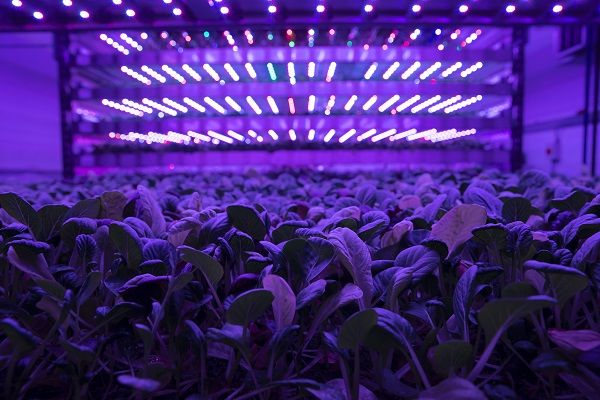
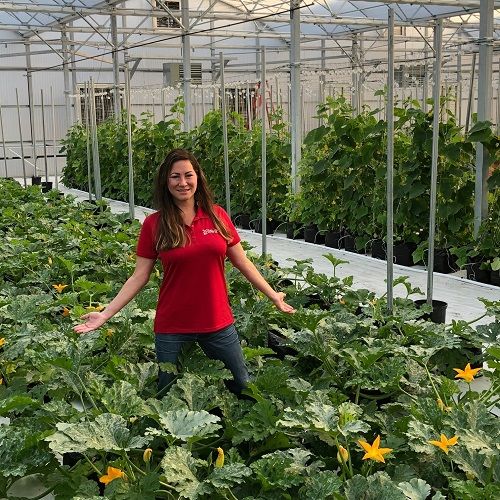
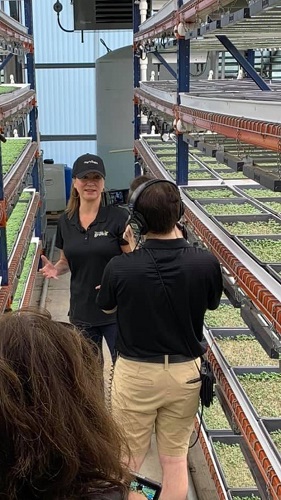 After successfully guiding
After successfully guiding 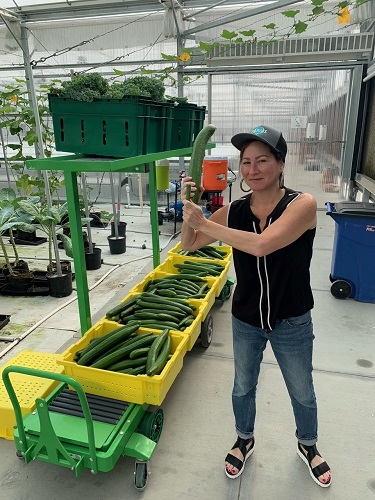 We were given the honor and trust to carry out our vision and model for The Villages Grown. This included the strategic direction, design, construction, and operation of a first-of-kind CEA in the South. We backed this with educational programming from both B2C and B2B. We built a community-based brand yet grew enough product for expansion throughout Florida. We worked with beautiful people in a beautiful community.
We were given the honor and trust to carry out our vision and model for The Villages Grown. This included the strategic direction, design, construction, and operation of a first-of-kind CEA in the South. We backed this with educational programming from both B2C and B2B. We built a community-based brand yet grew enough product for expansion throughout Florida. We worked with beautiful people in a beautiful community. Seed2Source launched in 2016 but was really an evolution of my first ‘Agriculture Meets Wellness’ firm which was launched in 2005. Seed2Source is a first-of-kind, Sustainable Agriculture & Wellness, consulting firm headquartered in Florida but serving the US (and beyond). The firm focuses on strategic CEA projects rooted in sustainable agricultural, food-as-medicine, and local food system models.
Seed2Source launched in 2016 but was really an evolution of my first ‘Agriculture Meets Wellness’ firm which was launched in 2005. Seed2Source is a first-of-kind, Sustainable Agriculture & Wellness, consulting firm headquartered in Florida but serving the US (and beyond). The firm focuses on strategic CEA projects rooted in sustainable agricultural, food-as-medicine, and local food system models.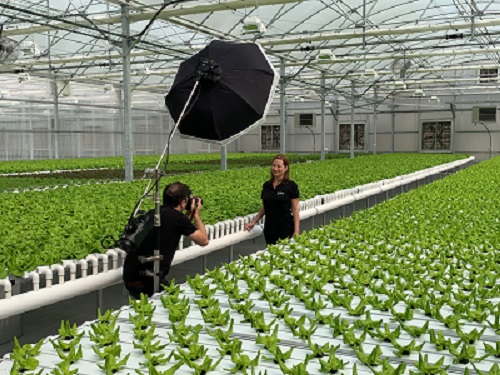 The CEA industry is still at its infancy and shall evolve with continuous iterations and innovations. Typically, when most people think of CEA, they only think of High-Tech, AI, Automation, etc. and forget about the State of Agriculture in general. I hope people start to realize that CEA is ‘part’ of a solution and not the ‘only’ solution. Also, I hope that people don’t forget about the actual agriculturists and horticulturists that are the true heroes in creating a sustainable, profitable, CEA operation. This seems to be lost with many of the current players in CEA.
The CEA industry is still at its infancy and shall evolve with continuous iterations and innovations. Typically, when most people think of CEA, they only think of High-Tech, AI, Automation, etc. and forget about the State of Agriculture in general. I hope people start to realize that CEA is ‘part’ of a solution and not the ‘only’ solution. Also, I hope that people don’t forget about the actual agriculturists and horticulturists that are the true heroes in creating a sustainable, profitable, CEA operation. This seems to be lost with many of the current players in CEA.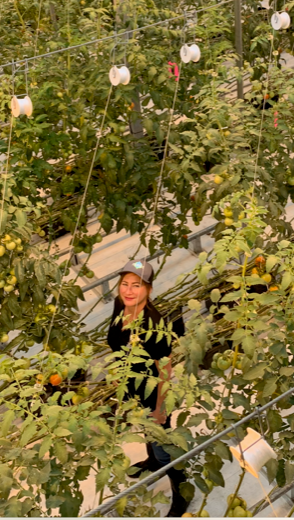 What’s next for you and the team at Seed2Source?
What’s next for you and the team at Seed2Source? 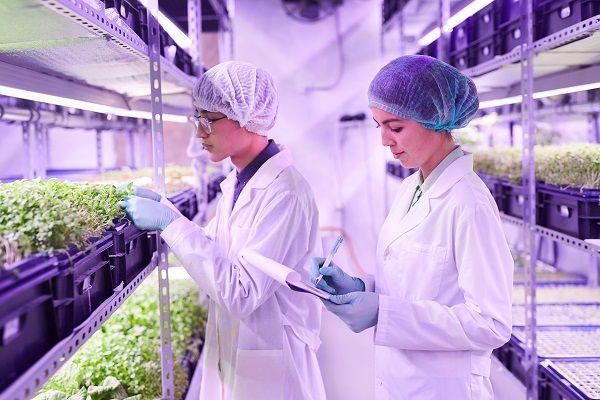
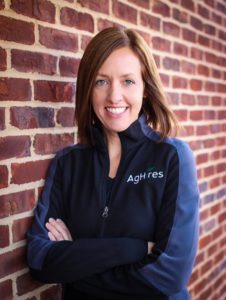 Special thanks to Lori Culler for this post.
Special thanks to Lori Culler for this post.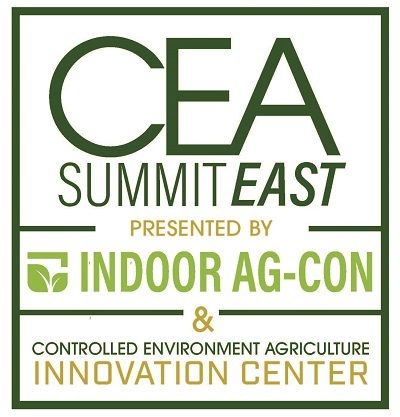


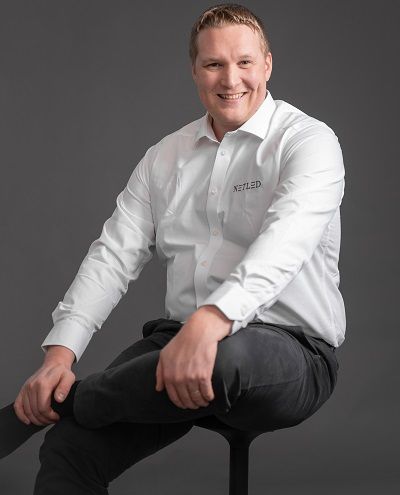
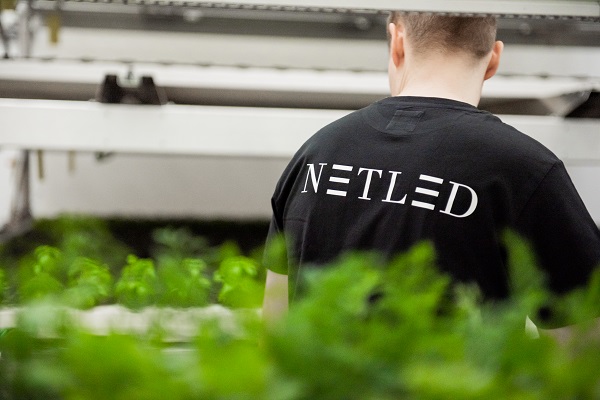 Vertical farming technology provider
Vertical farming technology provider 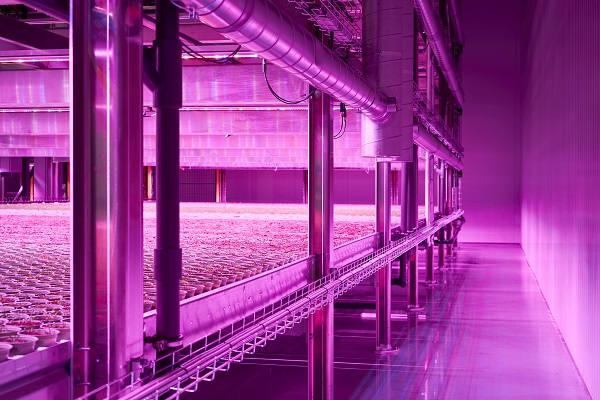 We call ourselves the one-stop shop for vertical farming, which means that on top of our proprietary Vera® technology we offer all services and support needed to build a commercially viable vertical farming business. This means we provide our customers with the design and planning of their facility, we ship the equipment, and we build, install and commission the farm. We support our customers in getting their farm up to production volumes. We also provide a five-year maintenance agreement to ensure the technology performs optimally.
We call ourselves the one-stop shop for vertical farming, which means that on top of our proprietary Vera® technology we offer all services and support needed to build a commercially viable vertical farming business. This means we provide our customers with the design and planning of their facility, we ship the equipment, and we build, install and commission the farm. We support our customers in getting their farm up to production volumes. We also provide a five-year maintenance agreement to ensure the technology performs optimally.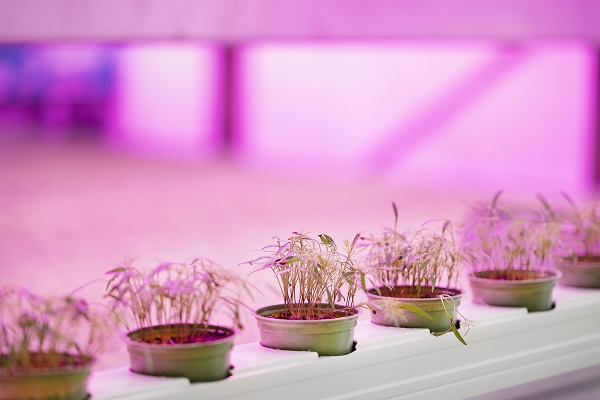
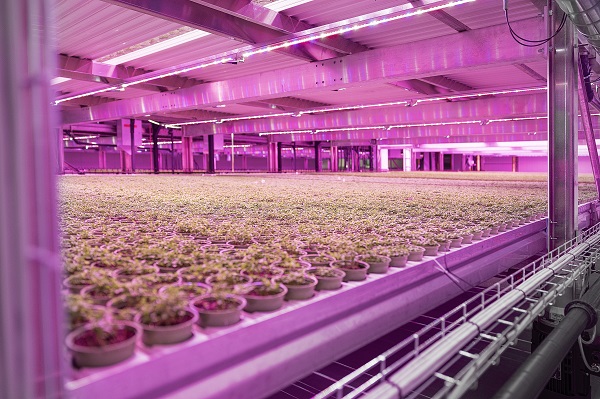
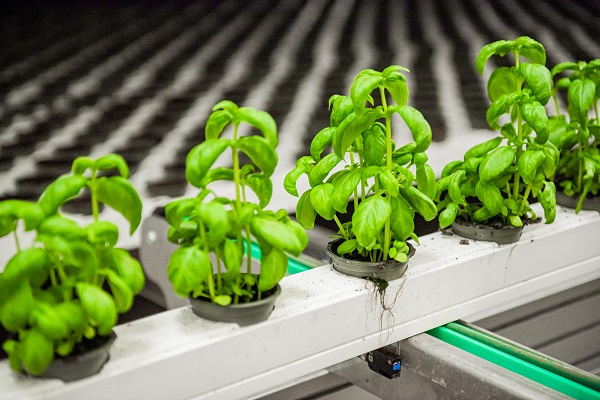 Netled’s Vera® technology is designed to be as energy and resource-efficient as possible using up to 70% less energy and up to 95% less water than traditional indoor agriculture. It also allows customers to grow 2.5 times more crops in the same amount of space as greenhouse growing.
Netled’s Vera® technology is designed to be as energy and resource-efficient as possible using up to 70% less energy and up to 95% less water than traditional indoor agriculture. It also allows customers to grow 2.5 times more crops in the same amount of space as greenhouse growing.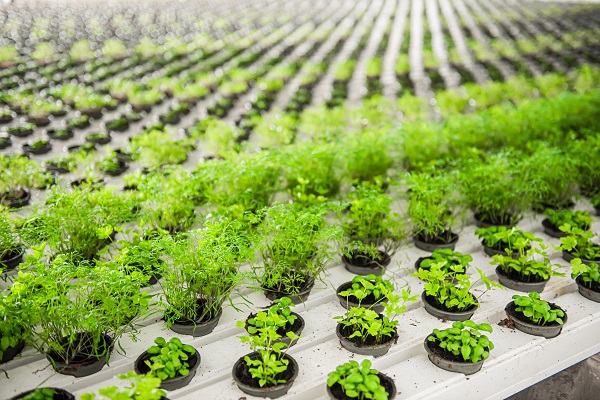 In terms of other projects, we have just finished commissioning a compact-size Vera® farm in Poland, and we are currently building another industrial-scale facility in the Nordics. We are in the negotiating phase with other clients on some very exciting commercial-scale projects in Europe and North America, stay tuned for more details!
In terms of other projects, we have just finished commissioning a compact-size Vera® farm in Poland, and we are currently building another industrial-scale facility in the Nordics. We are in the negotiating phase with other clients on some very exciting commercial-scale projects in Europe and North America, stay tuned for more details!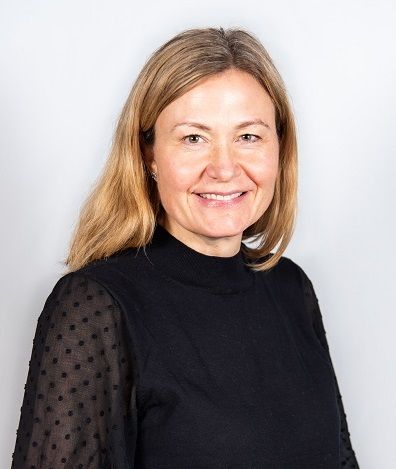
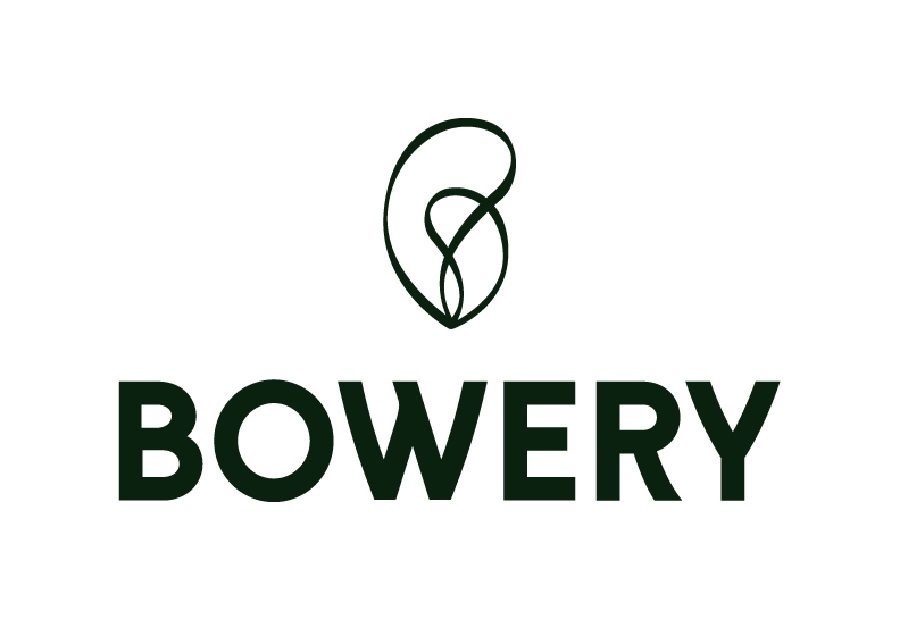 From the recent opening of its largest, most technologically advanced sustainable commercial smart farm in Bethlehem, Pennsylvania to its expansion into fruiting and vine crops with the launch of new strawberry varieties ,
From the recent opening of its largest, most technologically advanced sustainable commercial smart farm in Bethlehem, Pennsylvania to its expansion into fruiting and vine crops with the launch of new strawberry varieties , 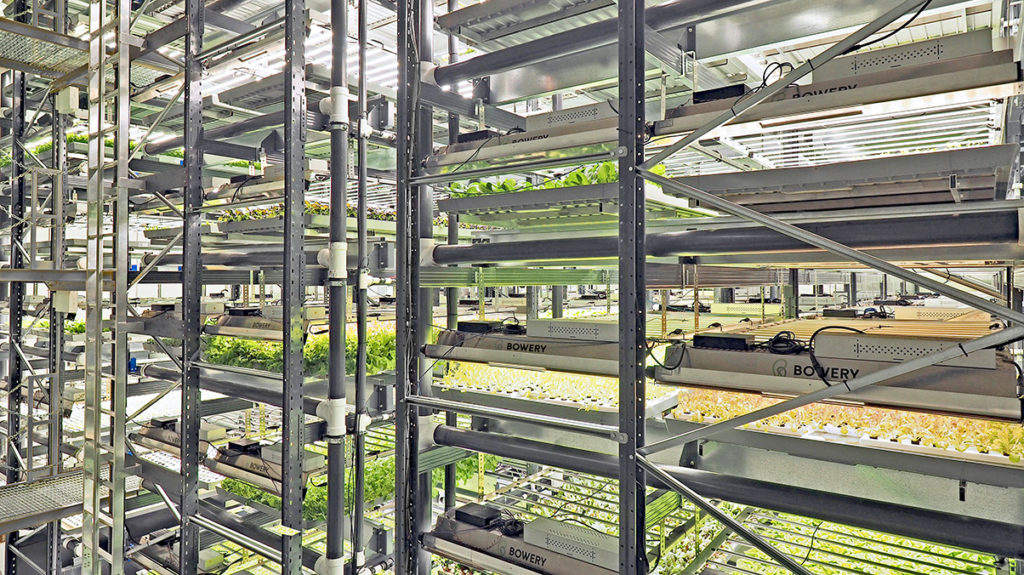 Investment in CEA comes down to two words: resiliency and sustainability. The past two years have made it painfully clear that climate change, global events, and supply chain disruption all have an enormous impact on our food systems. We need resiliency now more than ever before. By growing indoors, 365 days a year, with zero impact from drought, wildfires, or extreme temperatures, Bowery is growing a resilient supply of pesticide-free produce. And not only resilient, but predictable and reliable—we know, and therefore retailers know, exactly how much produce to expect, which cuts down on food waste.
Investment in CEA comes down to two words: resiliency and sustainability. The past two years have made it painfully clear that climate change, global events, and supply chain disruption all have an enormous impact on our food systems. We need resiliency now more than ever before. By growing indoors, 365 days a year, with zero impact from drought, wildfires, or extreme temperatures, Bowery is growing a resilient supply of pesticide-free produce. And not only resilient, but predictable and reliable—we know, and therefore retailers know, exactly how much produce to expect, which cuts down on food waste.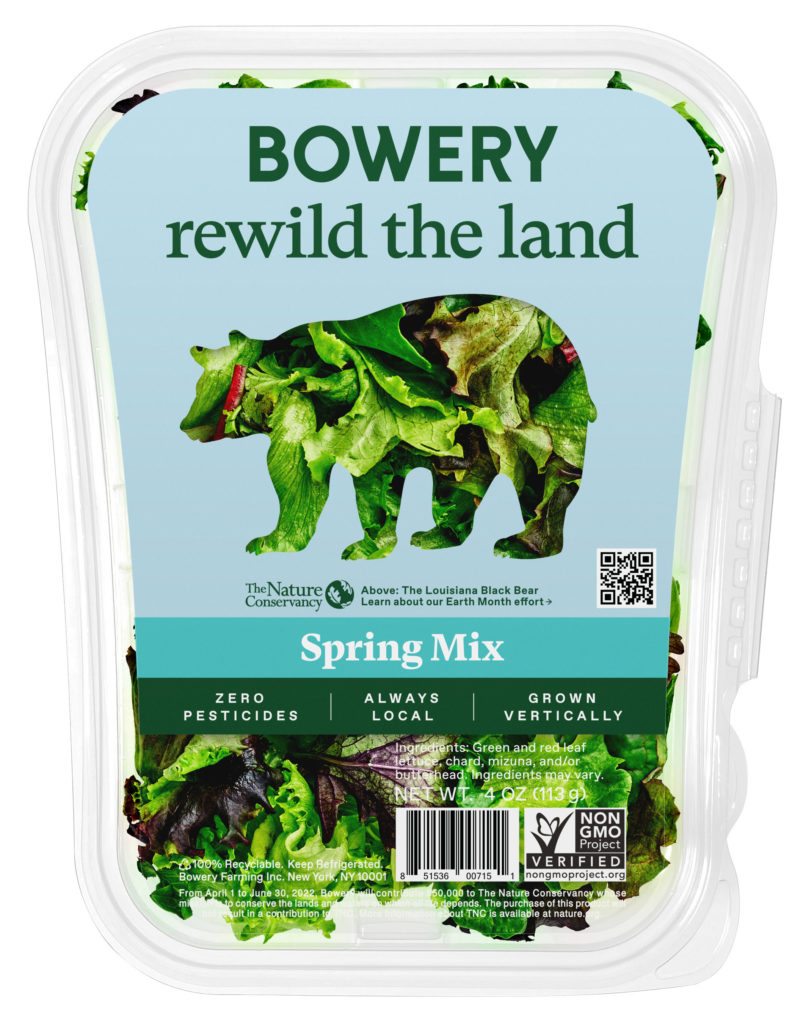
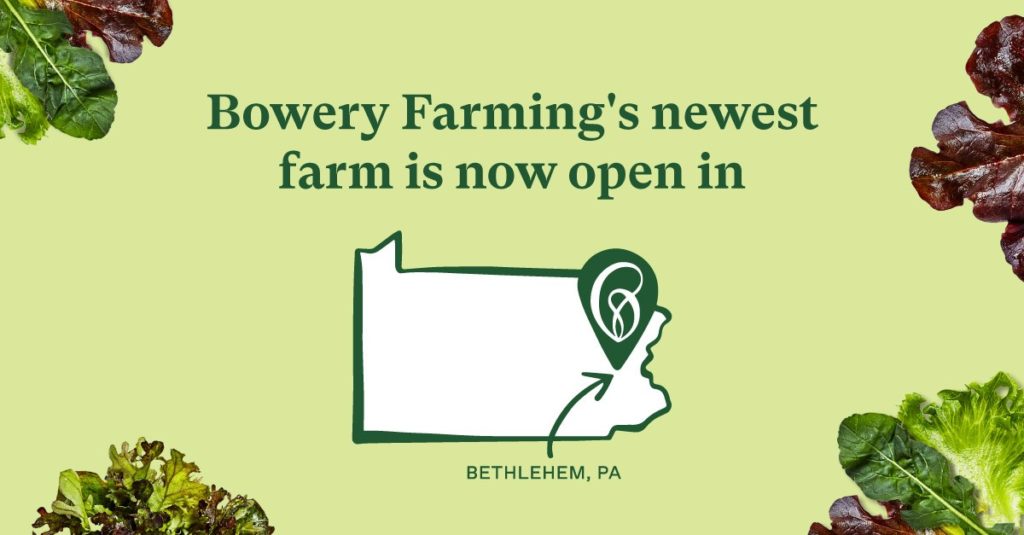 Bethlehem represents the next chapter in climate-smart agriculture at Bowery. The Bethlehem Farm, once a non-arable industrial site, is now modern farmland. This transformation from brownfield to vertical farm means that fresh, healthy food is now being grown, year-round, where it was previously thought no food would ever grow again.
Bethlehem represents the next chapter in climate-smart agriculture at Bowery. The Bethlehem Farm, once a non-arable industrial site, is now modern farmland. This transformation from brownfield to vertical farm means that fresh, healthy food is now being grown, year-round, where it was previously thought no food would ever grow again.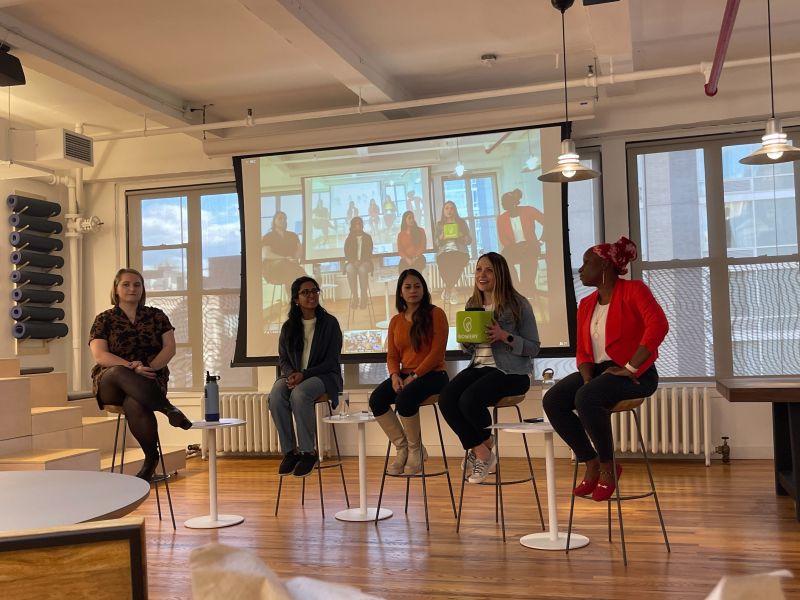 Over the course of my career, so many talented women leaders helped shape and inspire my path. I wouldn’t be where I am today without their encouragement and support. This background, where women fiercely support one another, led me to co-found aGirlculture at Bowery. The group brings together women of all levels to connect with peers and senior leaders. We’re creating a space for mentorship and other opportunities for personal and professional growth.
Over the course of my career, so many talented women leaders helped shape and inspire my path. I wouldn’t be where I am today without their encouragement and support. This background, where women fiercely support one another, led me to co-found aGirlculture at Bowery. The group brings together women of all levels to connect with peers and senior leaders. We’re creating a space for mentorship and other opportunities for personal and professional growth.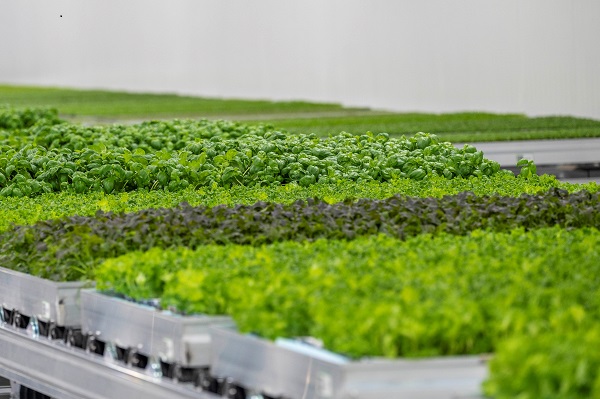 The Bethlehem Farm, our Smart Farm of the Future, is a model for what’s next at Bowery. We have two additional farms under construction in Locust Grove, Georgia and Arlington, Texas and we’re on track to double our number of farms by 2023, with the goal of helping to alleviate the strains insecurity puts on the U.S. food supply and economy.
The Bethlehem Farm, our Smart Farm of the Future, is a model for what’s next at Bowery. We have two additional farms under construction in Locust Grove, Georgia and Arlington, Texas and we’re on track to double our number of farms by 2023, with the goal of helping to alleviate the strains insecurity puts on the U.S. food supply and economy.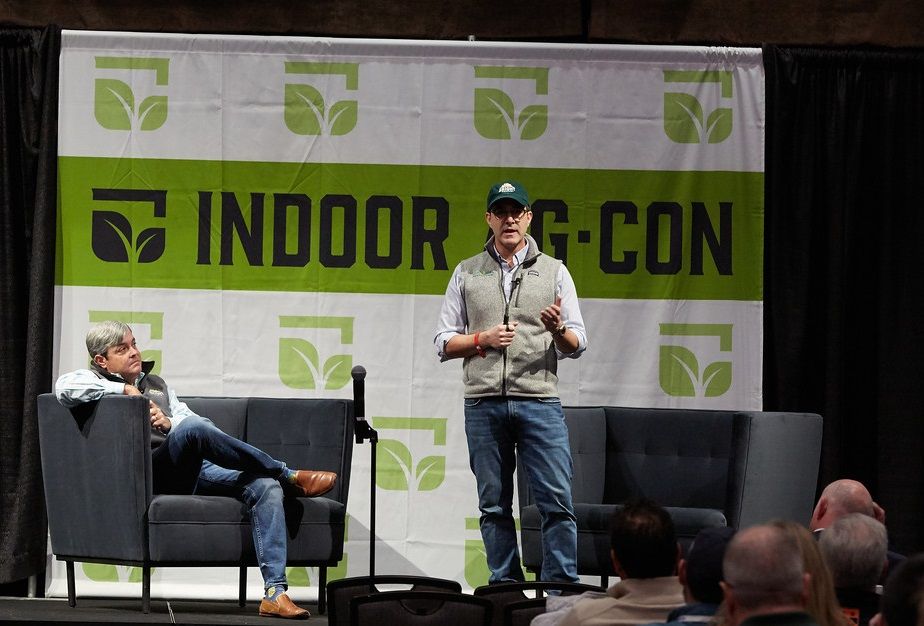
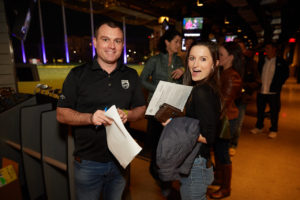 Indoor Ag-Con | Signify VIP Welcome Party
Indoor Ag-Con | Signify VIP Welcome Party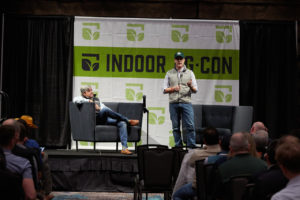
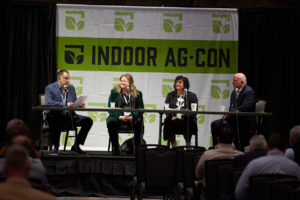 Educational Tracks & Expo Floor Theater Panel Discussions
Educational Tracks & Expo Floor Theater Panel Discussions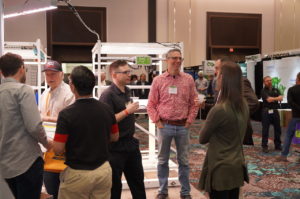
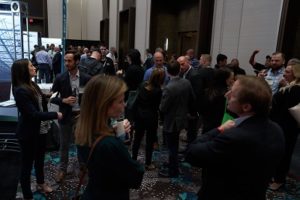
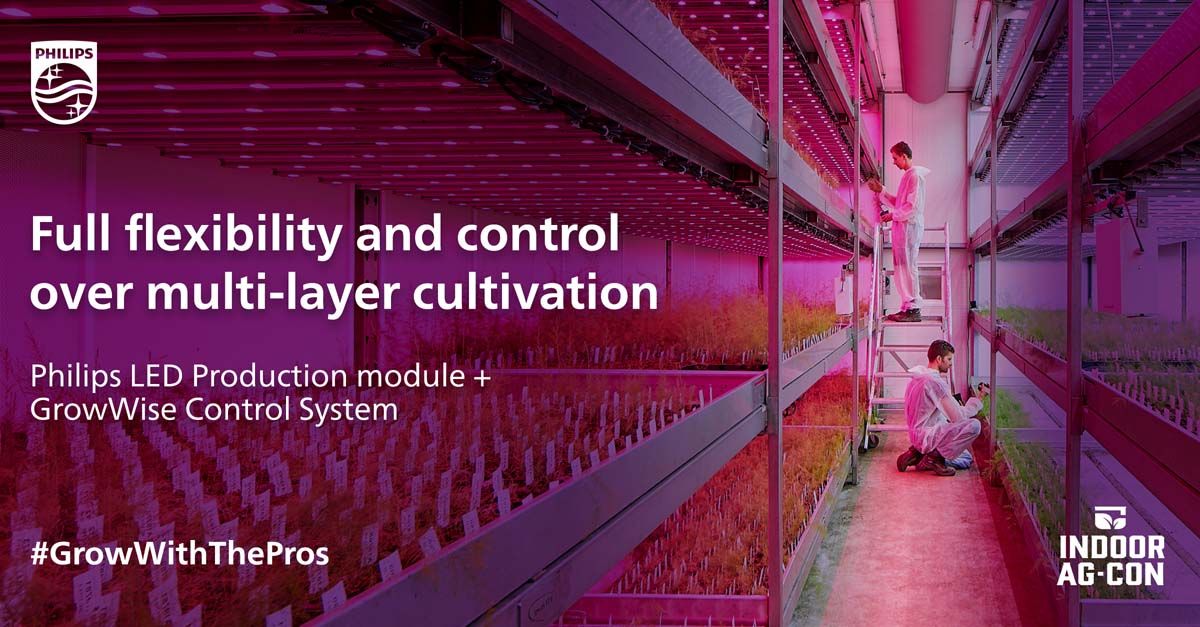



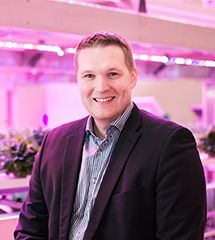
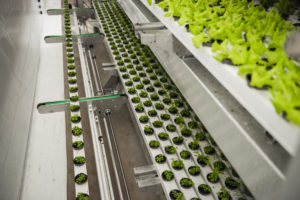 Size does matter, and the size of the market for salad and leafy greens in the U.S. and Canada is approximately $15 billion and growing. And it will continue to grow with an estimated CAGR
Size does matter, and the size of the market for salad and leafy greens in the U.S. and Canada is approximately $15 billion and growing. And it will continue to grow with an estimated CAGR 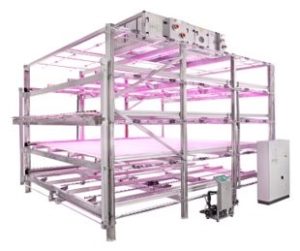 The COVID pandemic has shown us that the logistics involved in food transportation are extremely susceptible to disruption; perishable products in particular cannot be stored for long before the quality deteriorates to such an extent that they are no longer fit for sale.
The COVID pandemic has shown us that the logistics involved in food transportation are extremely susceptible to disruption; perishable products in particular cannot be stored for long before the quality deteriorates to such an extent that they are no longer fit for sale.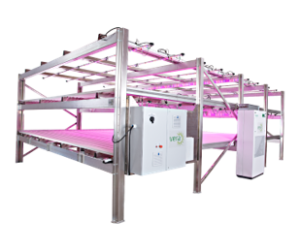 The more stages there are in the food processing and distribution, the higher the chance of some form of contamination.
The more stages there are in the food processing and distribution, the higher the chance of some form of contamination.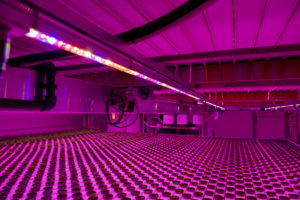 All this automation not only ensures the minimum possible amount of contamination, but it also reduces labor costs.
All this automation not only ensures the minimum possible amount of contamination, but it also reduces labor costs.